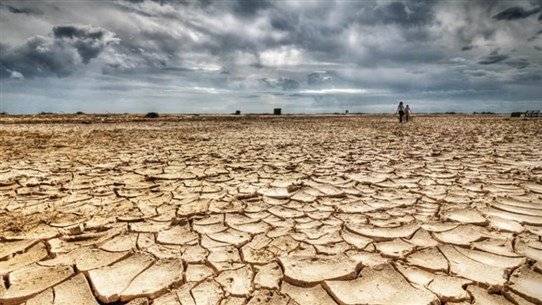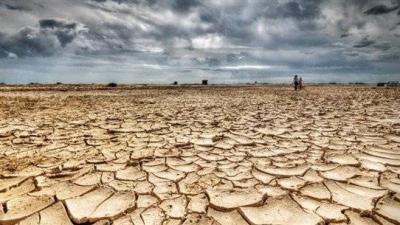A wave of drought has hit the European continent, which is the worst in about five centuries. With the climate change situations in various countries and the warnings issued regarding what is occurring in Europe, the question arises: Will Lebanon also face a share of this disaster?
Meteorologist Father Eli Khneiser denies that drought will affect Lebanon like it has in Europe, emphasizing that there is no connection between European events and Lebanon whatsoever. He insists in an interview with MTV that what Europe is currently experiencing is an exceptional situation caused by the high pressure values of the Azores high, which have led to a diversion of rain towards the northern Scandinavian countries, affecting Greenland. He explains that the pressure factor leads to the deviation of rains, which contributes to decreased river levels, and that is what happened in Western Europe.
He adds, "Central Europe usually experiences rain from the Atlantic Ocean in summer, but this year was different. The high temperatures and the absence of rain in these areas have led to a decrease in river levels, and this is a rare occurrence that may not repeat."
He mentions, "The lack of scientific explanation for what is happening with the weather terrifies the world and causes panic, so we need to explain what is occurring on this front."
Returning to Lebanon, Khneiser reveals that the heat will accompany us until October, noting that between October and October there will be a "second summer." He confirms that a heatwave will dominate Lebanon starting from Friday afternoon, with temperatures in the Bekaa region ranging between 38 and 40 degrees Celsius, while coastal temperatures will reach 34 degrees with humidity around 85 percent. Khneiser reassures that "what is happening in Lebanon right now is normal for the month of August," pointing out that "in the first week of September, the weather will be a typically moderate summer after the heat wave subsides."




